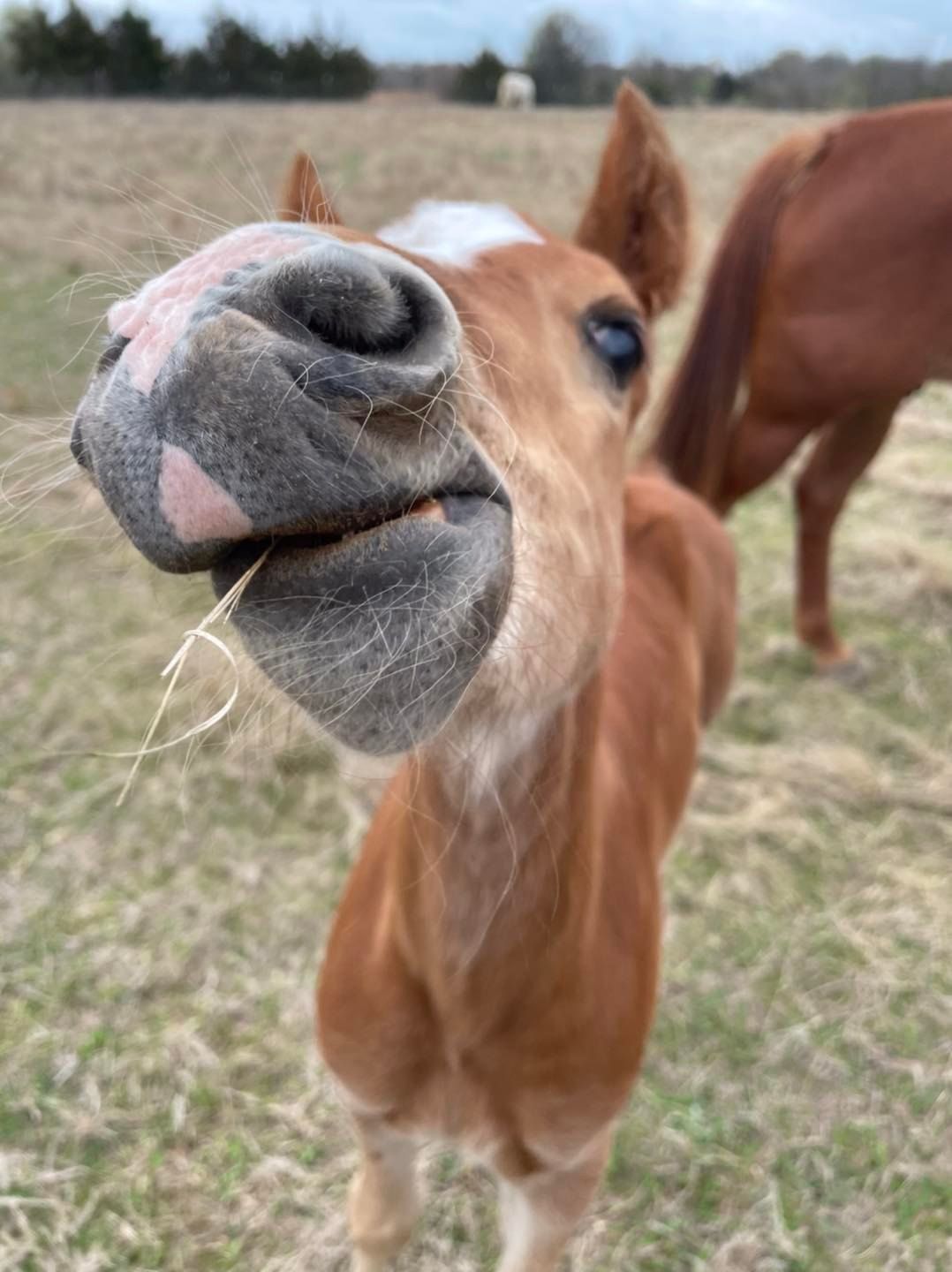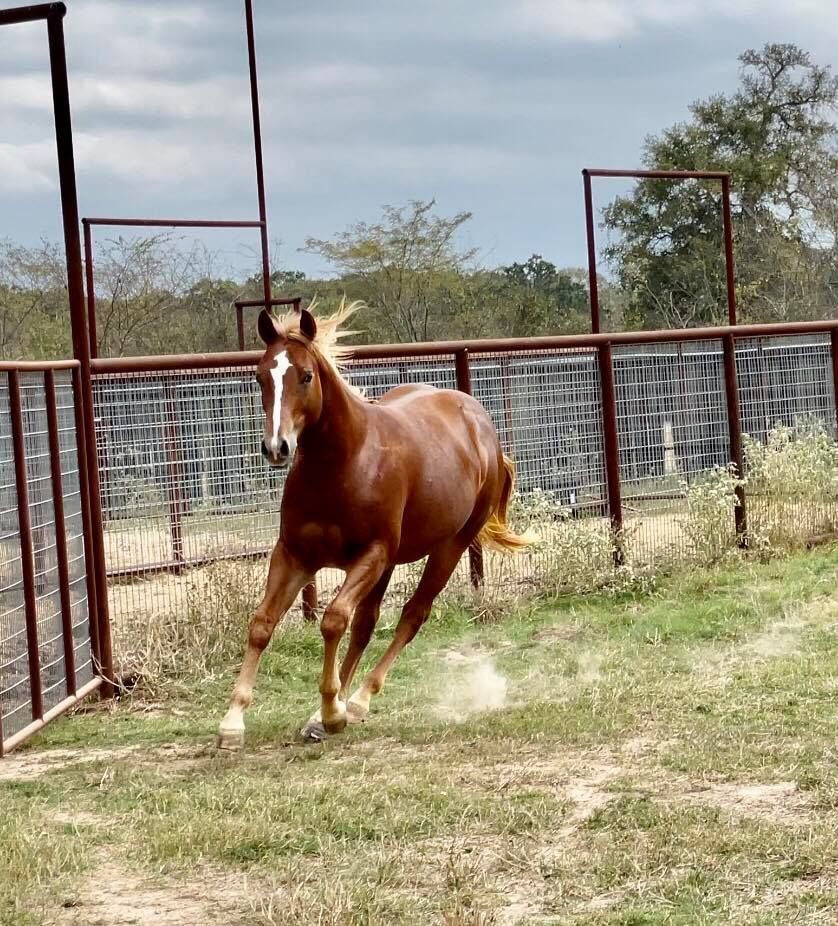Equine Mortality Insurance
Equine mortality insurance is an essential consideration for owners, breeders, trainers, and anyone involved in equestrian activities. It provides financial security and peace of mind, ensuring that owners are protected against the unexpected loss of their valuable animal.


